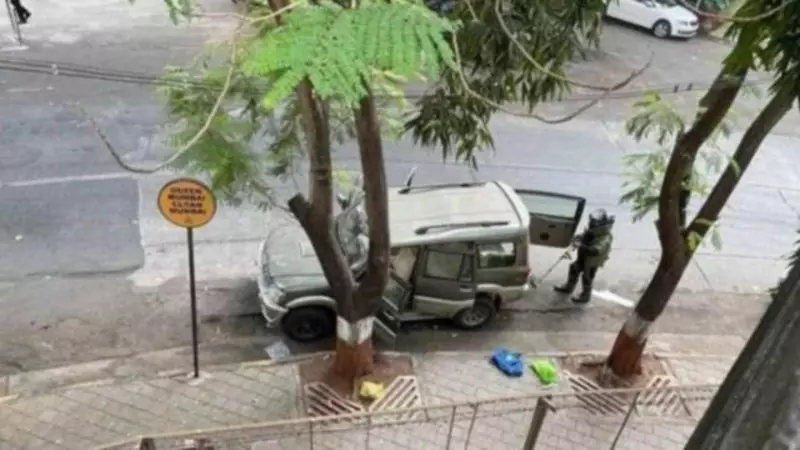
In a significant development in the high-profile Antilia security scare case, a special National Investigation Agency (NIA) court in Mumbai has denied bail to one of the accused, citing substantial delays in the trial proceedings.
The court's decision underscores the challenges faced by the judicial system in handling sensitive terrorism-related cases, particularly those involving complex security breaches. The bail plea was rejected after careful consideration of the ongoing investigation and the seriousness of the allegations.
Trial Delays Take Center Stage
The special court emphasized that the prolonged trial period, marked by multiple adjournments and procedural hurdles, played a crucial role in the bail decision. Despite the accused's arguments regarding the right to speedy trial, the court maintained that the gravity of the offense warranted continued custody during the investigation phase.
"The nature of allegations and the evidence presented so far cannot be overlooked," the court observed during the proceedings. "While trial delays are concerning, they cannot become the sole basis for granting bail in matters of national security."
Background of the Antilia Case
The case dates back to February 2021 when a vehicle containing gelatin sticks was discovered near Antilia, the Mumbai residence of industrialist Mukesh Ambani. The security breach sent shockwaves through the nation's security establishment and prompted multiple investigations by central agencies.
The NIA took over the probe, uncovering what appeared to be a complex conspiracy involving former police officers and alleged connections to broader criminal networks. The case has remained in national spotlight due to its implications for corporate security and law enforcement integrity.
Judicial Observations and Future Proceedings
In its detailed order, the special court acknowledged the defense's concerns about trial delays but emphasized that the prosecution needed adequate time to present its case properly. The court noted that several witnesses were yet to be examined and crucial evidence remained to be presented.
The judiciary has directed both prosecution and defense to cooperate in expediting the trial process while ensuring due process is followed. Legal experts suggest this ruling could set a precedent for how courts balance accused persons' rights with national security considerations in high-profile cases.
As the Antilia case continues to unfold, all eyes remain on the special NIA court, with the next hearing scheduled to address further procedural matters and witness examinations in what has become one of India's most closely watched security cases.






